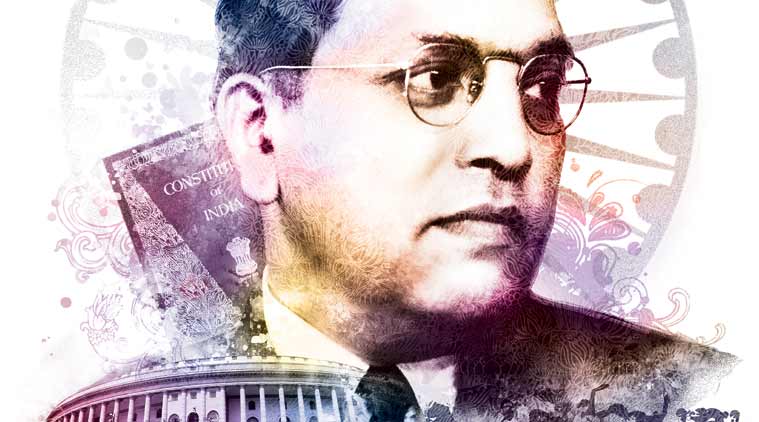
International Conference – Dr Babasaheb Ambedkar and Democracy, Nagpur, 9-10 October – Submit Your Papers
In this conference, we will try and do justice to this subject by exploring four theoretical domains. Firstly we will look at the various influences that helped Babasaheb Dr.Ambedkar develop his understanding of Democracy such as those of Dewey, the Buddha, Phule, Shahu Maharaj and others. While he was deeply influenced by Dewey’s insistence on an ethical underpinning of democracy, he found this most clearly in the teachings of the Buddha. Phule and Shahu Maharaj were two of the most important and earliest initiators of grassroots democratic movements in India and their ideas too influenced Babasaheb. Thus Dr. Babasaheb Ambedkar managed to transcend world polarities and take what he understood to be the best of the west and the east, enriching both with his own insights and contextualising the re-imagined theoretical formulations to India.
What is not always appreciated enough yet is that he went on to develop his own coherent approach that stood on its own, without reference in the end to his teachers and guides.
The second section will explore the basic tenets of Babasaheb’s approach to Democracy, attempting to show their universal value and not just their relevance to India. It will bring out the social and ethical implications of his understanding of democracy, illustrating how revolutionary and transformative they are, especially in India.
The third theme will anchor our discussions around the situation in India today, starting with Dr. Babasaheb Ambedkar’s work on the constitution and his warning of the great danger of the contradiction of political democracy without economic and social democracy. Indian democracy has not progressed along the lines he hoped, and indeed there are signs of serious social and economic resistance to progress. However, great hope lies with the growing Phule-Shahu-Ambedkar movement which is the greatest democratizing force in India today. There are many millions of youth all over India deeply inspired by Dr.Babasaheb Ambedkar, but who have little real knowledge. How do we satisfy their search for deeper understanding, so that they can be active members of the democratic movement? Besides them, there are many other Indians who are beginning to appreciate Dr.
Babasaheb Ambedkar’s contribution to a secular, democratic India. He has increasingly become a figure of inspiration throughout south-east Asia, in the wider Buddhist world, and to democrats and parliamentarians throughout the world.
The fourth and final theme will address the question of how to communicate effectively and widely Dr. Babasaheb Ambedkar’s unique, timely and vital contribution to Democracy.
Call For Papers
The conference invites Scholars, Academics, Philosophers, Activists and Buddhist practitioners to submit full papers latest by 15th Sept 2019. Accepted papers will be intimated by email to authors by 17th Sept 2019
The sub-themes below covers broad thematic domains.
We welcome papers related to each sub-theme or those that are connected with the overall subject of Dr. Babasaheb Ambedkar and Democracy:
- Roots of Dr. Babasaheb Ambedkar’s Vision and Practice of Democracy
- Dr. Babasaheb Ambedkar and Democratic Movement in India: Historical Assessment
- Philosophy and Scope of Democracy in Dr. Babasaheb Ambedkar’s Thoughts and Philosophy
- Buddhism and Deep Democracy
- Annihilation of Caste and Democracy
- Democratic Movement in India and its Global Significance
- Democracy and Cultural Transformation
For more details and registration please visit http://www.nagaloka.org/ic2019/
Find the information in PDF here.




Jai Bheem.
Jaibhim.
Jai Bhim!